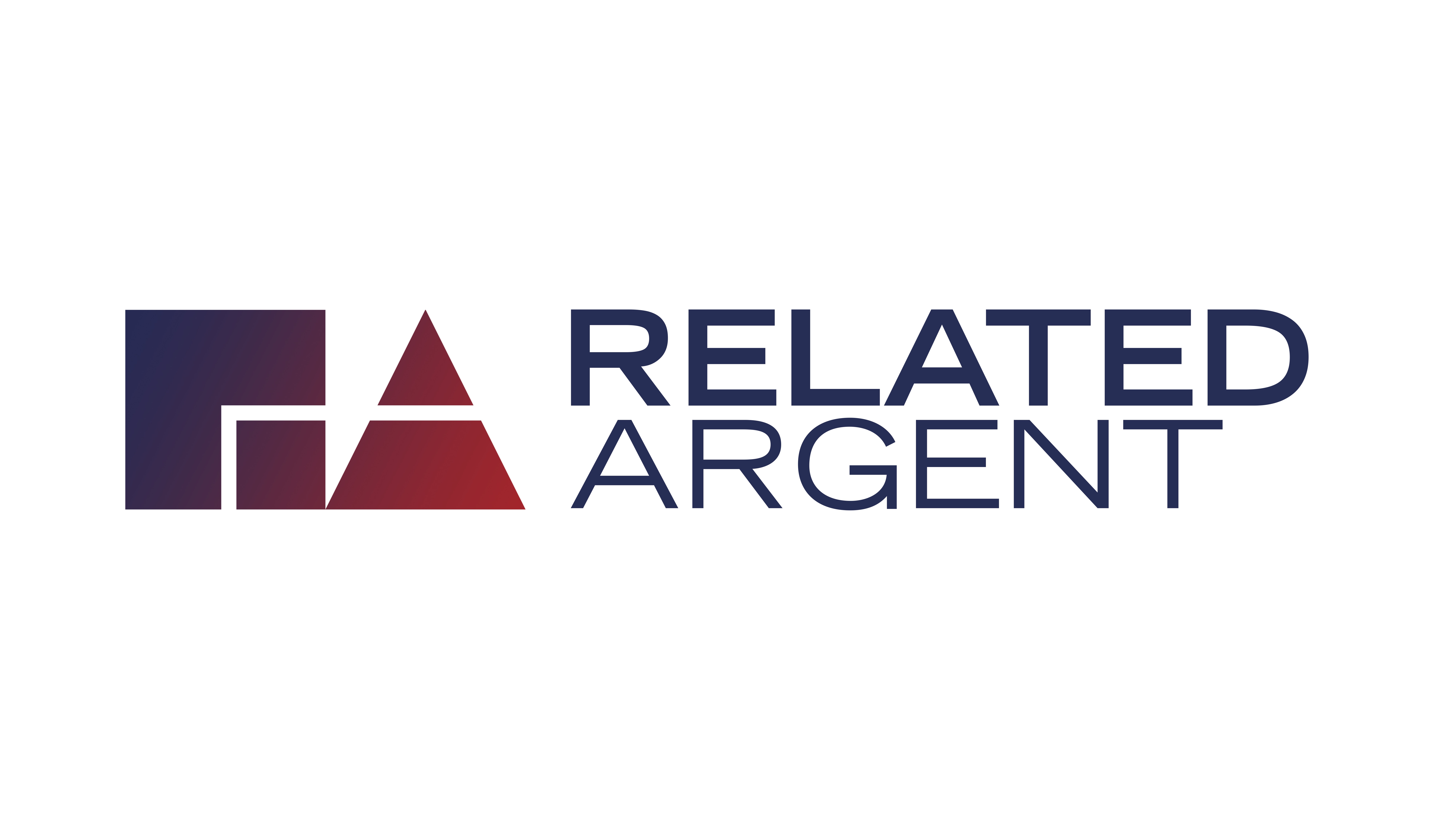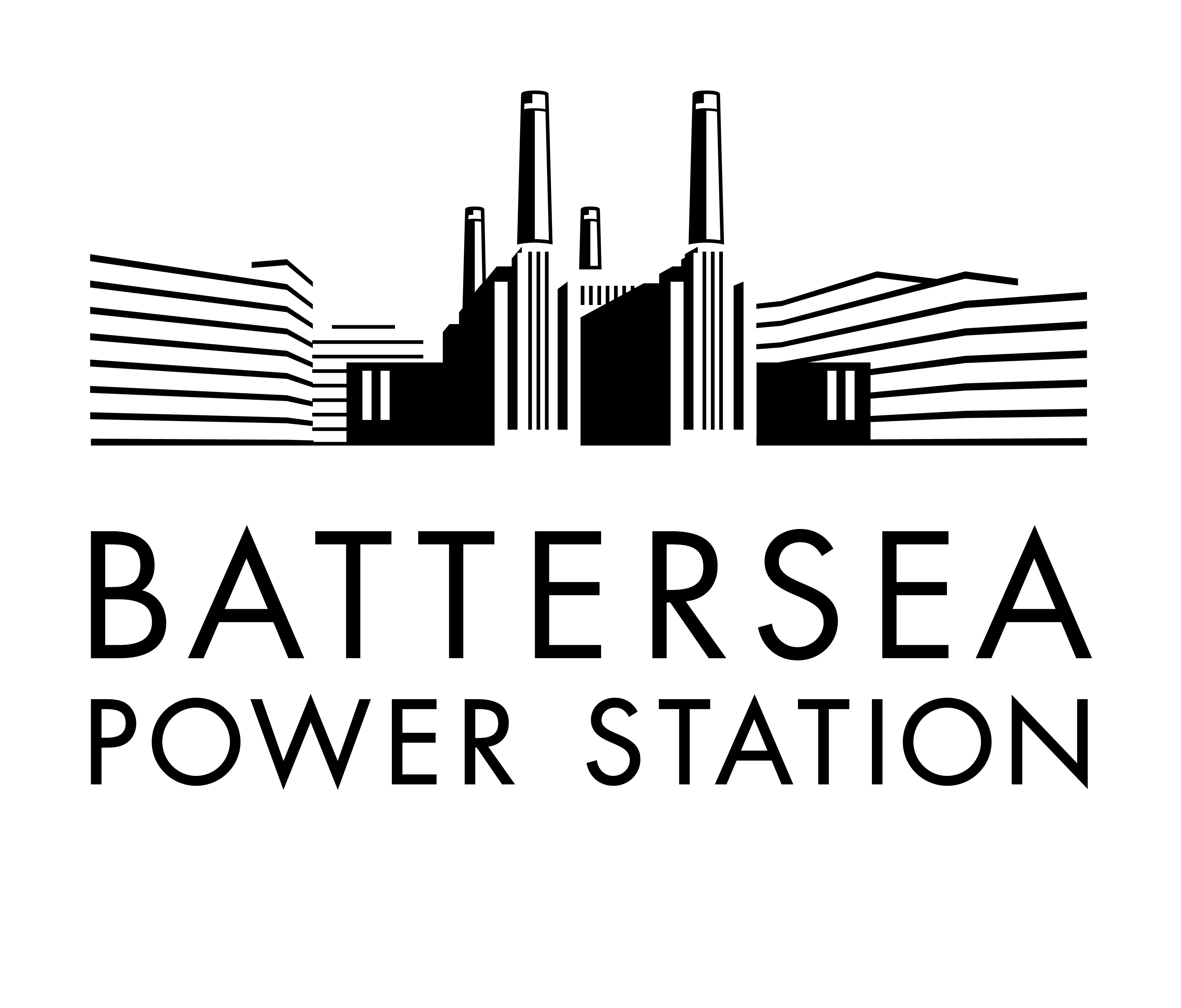New London Architecture
Our Community
Principal Partners
The City of London provides local government services for the financial and commercial heart of Britain, the City of London. It is committed to maintaining and enhancing the sta...
Westminster City Council is the local authority serving the heart of London. The City of Westminster stretches from Pimlico and Victoria in the south through the West End, Maryl...
The Mayor of London sets the budget and is responsible for making London a better place for everyone who visits, lives, or works in the city. The Mayor is elected every four yea...
London Councils is the collective of local government in London.. It is where London’s Leaders’ shared ambitions are developed, agreed, championed & delivered.
London & Partners is the Mayor of London's official promotional agency. We support the Mayor’s priorities by promoting London internationally as a leading world city in whic...
Network Rail owns and operates Britain’s railway infrastructure. Its role is to run a safe, reliable and efficient railway, serving customers and communities. By doing this, it supports people’s daily lives and drives economic growth.
Places for London, TfL’s new and financially independent property company are unlocking more of the potential of TfL land, creating a greener, kinder, more connected London for everyone.
Programme Champions
Programme Supporters
Borough Partners
Partners
Media Partners
Members
3
A
B
C
- Cairn
- Camargue
- Camden Town Unlimited
- Carter Gregson Gray
- Cascade Communications
- Cavendish
- C C Land Management and Consultancy
- Central London Forward
- Chapman Taylor
- Charles Russell Speechlys
- Cheapside Business Alliance
- Chelsea Construction Consultancy Ltd.
- Chris Dyson Architects
- Church Commissioners
- City Planning Ltd
- Colville Estate Properties Ltd
- Commonplace Digital
- Common Projects
- Conisbee
- Considerate Constructers Scheme
- Constructure
- Cord Construction
- Coverdale Barclay
- Cratus Group
- Cross River Partnership
- Crosstree Real Estate Partners
- Culture Mile BID
- Cundall
- CURRIE & BROWN
- Cuttle Construction Ltd
D
E
F
G
H
I
K
L
- Lambert Smith Hampton
- Langan International UK Limited
- Langham Estate Management
- La-Vora Search Ltd trading as Adapt+Flow
- Legendre
- Letterbox Distribution
- Lichfields
- L'Institut Paris Region
- London Asian Development
- London Assembly
- London Forum of Amenity and Civic Societies
- London Property Alliance
- London PropTech Show
- London Square Developments Limited
- London Structures Lab
- LS Estates
M
- M3 Consulting
- MAA Architects
- Maaps Design & Architecture Limited
- MACE
- MACE
- Macfarlane + Associates
- Mae Architects Ltd
- Make
- Makower Architects
- Mangera Yvars Architects LTD
- Manuel Urbina Studio
- Marks Barfield Architects
- Martha Schwartz Partners
- Material Index
- Maynard
- McLaren Construction
- Meinhardt UK
- Metropolitan Thames Valley Housing
- Metropolitan Workshop
- Mike Tuck Studio
- Mills and Reeve
- Mishcon de Reya
- mmcité UK
- Momentum Consulting Engineers
- Morgan Sindall
- Moroso Ltd
- Morris+Company
- Morrow + Lorraine Architects
- Moxon
- MPN UK Ltd
- MSMR Architects
- MTArt Agency Limited
- Muse
O
P
R
S
- Sarah Wigglesworth Architects
- Scheldebouw B.V.
- Scott Brownrigg
- S&C Slatter
- Shaw Corporation
- shedkm
- Shimizu Corporation
- Simple Works Ltd
- Simten Developments
- Sir Robert McAlpine
- Sordo Madaleno
- South Bank BID
- South Kensington Estates
- South London Partnership
- Spacehub Design Ltd
- Space Syntax
- Spectral (RIDI Lighting Ltd.)
- Squint Opera
- Squire & Partners
- Stace LLP
- Stanhope PLC
- Stantec
- Stephen Davy Peter Smith Architects
- Stitch
- Stockwool
- Storey Consulting Ltd
- Studio McW Ltd
- Studio MULTI
- Studio Woodroffe Papa
- Stylus Architects
- SUPRBLK Studio
- suttonca
T
- Tate + Co
- TateHindle
- Taylor Wessing LLP
- T & B (Contractors) Ltd
- The Fitzrovia Partnership
- The Howard De Walden Estate
- The Manser Practice
- The Northbank
- The Pollen Estate
- The Portman Estate
- The Townscape Consultancy
- THISS Studio
- Threefold Architects
- Tigg Coll Architects Ltd
- TODD Architects
- Tonkin Liu
- Townshend Landscape Architects
- TP Bennett
- Trigon DM
- Trigon Fire Safety
- Troup Bywaters + Anders
- Trowers & Hamlins
- Turner
- Turner & Townsend

































































































































































































































